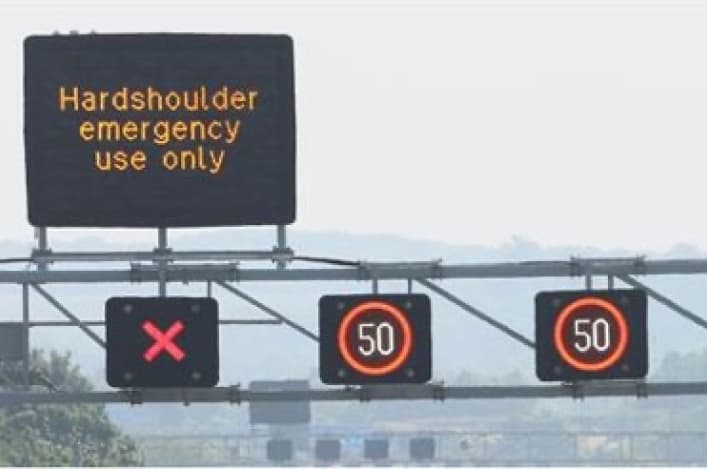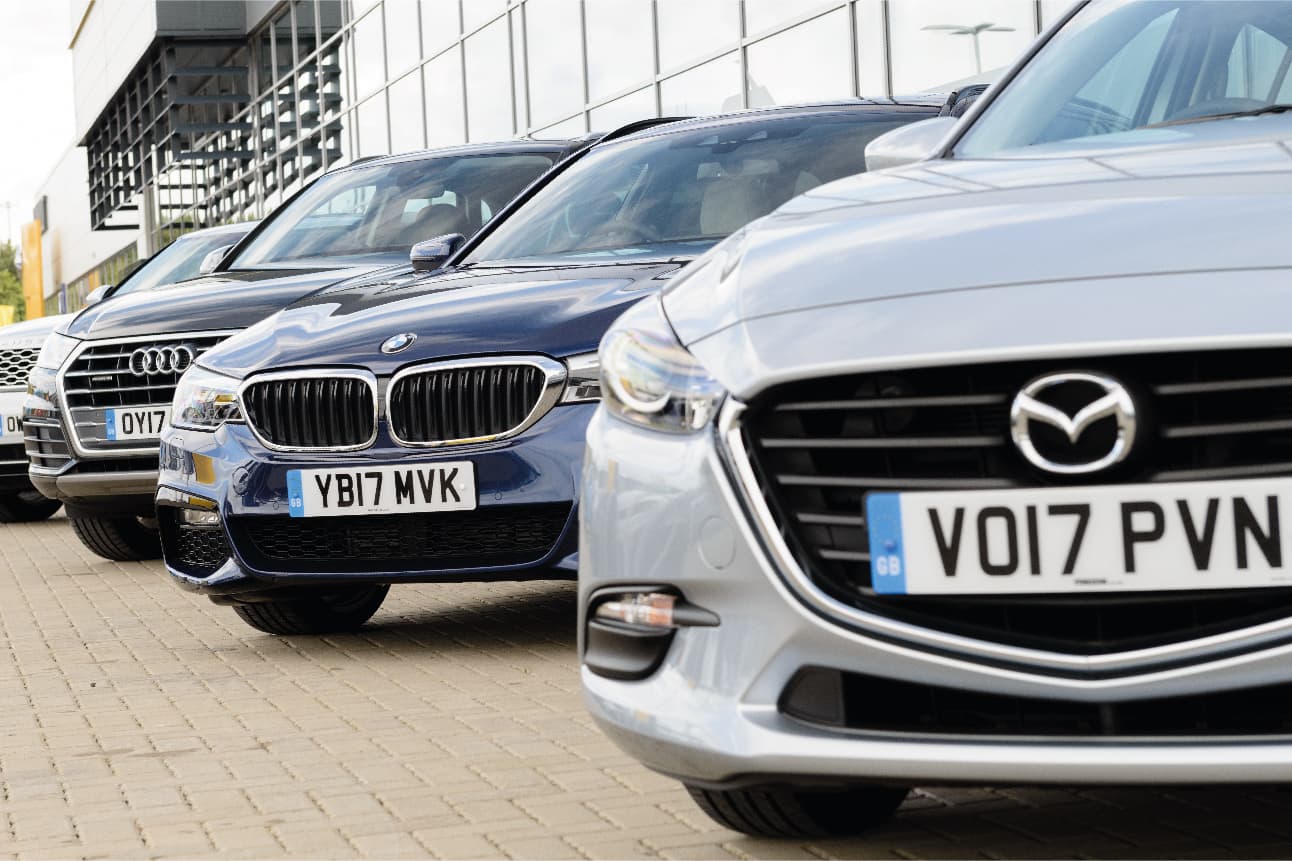2 September 2016
Government consults on key changes to company car tax policy
The government has issued consultations on three key areas of tax policy affecting the fleet sector.

Company car benefit-in-kind tax treatment of ultra-low emission vehicles (ULEVs), salary sacrifice schemes, and the impact of new lease accounting rules on the tax treatment of leased assets.
The consultations on all three were signalled in this year’s March Budget.
On the company car benefit-in-kind tax treatment of ULEVs, HM Treasury is seeking views on how the current system can be adapted to take into account the growing number and variation of ULEVs, while still encouraging their uptake.
The document,‘Company Car Tax for Ultra-Low Emission Cars’, specifically seeks views on the design of benefit-in-kind tax bands for ULEVs from 2020/21 onwards. The consultation lasts until 19th October.
In the document, the government says that the main factor to determine company car tax rates will remain CO2 emissions.
However, it adds that as ULEV vehicles emit extremely low levels of CO2 due to partial or full electrification, compared to their combustion engine counterparts fuelled by petrol or diesel, it was more difficult and less transparent to differentiate between cars based solely on CO2 emissions.
As a result, the government is considering adopting a secondary measure of efficiency in addition to CO2 for the post 2020 period – potentially that could mean distinguishing ULEV bands based on zero emission miles as well as CO2.
Commenting on the consultation, British Vehicle Rental and Leasing Association (BVRLA) Chief Executive Gerry Keaney said: ‘For some time we have been calling on the government to increase the number of ULEV tax bands and narrow the CO2 gaps, so that greater incentives can be provided for those choosing the cleanest vehicles.
‘The government is right to explore whether zero-emission range could be used alongside CO2 emissions to produce a more effective set of company car tax bands, but it needs to ensure that any new system does not become too complicated.’
Meanwhile, the government announced in the Spring Budget that it would consider limiting the range of benefits-in-kind that attracted income tax and National Insurance contributions advantages when provided as part of salary sacrifice arrangements.
The purpose of the consultation – ‘Consultation on Salary Sacrifice for the Provision of Benefits-in-Kind’ – is to explore potential impacts on employers and employees should the government decide to change the way the benefits code applies when a benefit-in-kind is provided in conjunction with a salary sacrifice or flexible benefit scheme. The consultation closes on 19th October.
The government believes that the growth of salary sacrifice, including for cars, has resulted in an increasing cost to the Exchequer, due to the loss of tax and National Insurance contributions.
However, the government says it recognises that salary sacrifice arrangements are an important part of employers’ remuneration strategies. As a result, employers wanting to offer benefits-in-kind in conjunction with salary sacrifice will still be able to do so; however, the tax and employer National Insurance contribution advantages for some will be reduced. Benefits-in-kind currently offered on top of salary will not be affected by the proposed changes.
However, what the consultation document appears to ignore is that all cars provided under salary sacrifice arrangements are subject to company car benefit-in-kind tax.
As a result, the principles put forward in the document, if introduced, could lead to two company car drivers who drive identical vehicles being treated differently, because one driver makes a contribution to the cost of the car through gross salary.
Furthermore, with the government seeking to encourage uptake of ultra-low emission cars, it is those models that could be hit with the highest bill under the principles outlined in the document. Thus underlining the possibility of a different tax treatment for a traditional company car and one supplied via a salary sacrifice scheme – although the benefit is identical.
The BVRLA says it will ‘make a strong case’ for salary sacrifice car schemes to receive ‘special consideration’ on their future tax treatment.
Mr Keaney continued: ‘These company car schemes offer a valuable way of rewarding and retaining staff, particularly for many public sector organisations who have had to struggle with long-term pay freezes.
‘Our research shows that 80% of salary sacrifice drivers are in the basic income tax bracket and these schemes provide them with a unique opportunity to drive a greener and safer car than they would otherwise.
‘The new car sales generated by salary sacrifice schemes give a valuable boost to the UK economy. The average salary sacrifice car has CO2 emissions of just 104g/km, is less than 18 months old, and is more likely to meet the latest safety and emissions standards. These vehicles provide a more sustainable alternative to the older, more polluting “grey fleet” cars that staff might otherwise use for business travel.’
The BVRLA also says that any future changes to the current tax treatment of salary sacrifice schemes for company provided cars would need to be properly signposted so that employers and drivers were given at least three years’ notice and could plan accordingly.
Finally, changes to lease accounting by the International Accounting Standards Board (IASB) will necessitate amendments to the existing tax rules for the leasing of plant or machinery, which includes vehicles.
At Budget 2016, the government announced its intention to issue a discussion document setting out options for the tax response to the lease accounting changes, which become mandatory from 1st January, 2019.
The move will bring all leased assets onto a company’s balance sheet, giving a more complete picture of a business’s financial commitments and thus greater transparency as to the financial health of any organisation.
The new approach to lease accounting, known as International Financial Reporting Standard (IFRS) 16 Leases, differs substantially from the current International Accounting Standard 17 Leases, which do not require operating leases (contract hire) to be reported in company accounts. However, finance leases and corresponding obligations to make lease payments have to be recognised on a company’s balance sheet.
Initially, the new standard will only apply to public sector organisations and firms that report to IFRS. Publicly listed companies already have to make a note to the annual report, which reflects any operating lease rentals payable. Most UK firms report to the UK’s Generally Accepted Accounting Principles (GAAP) and will be unaffected until such time as they converge with the IFRS standard.
The discussion document - ‘Lease Accounting Changes: Tax Response’ – covers current lease accounting and tax, new lease accounting and tax impacts and options for tax changes. The consultation runs until 30th October.
Mr Keaney said: ‘We will be working closely with HM Revenue and Customs to ensure that these long-awaited new lease accounting rules result in a simpler and fairer tax treatment of leased assets, particularly for low-emission vehicles that should be entitled to enhanced first-year capital allowances.’
All three consultation documents can be accessed here.


